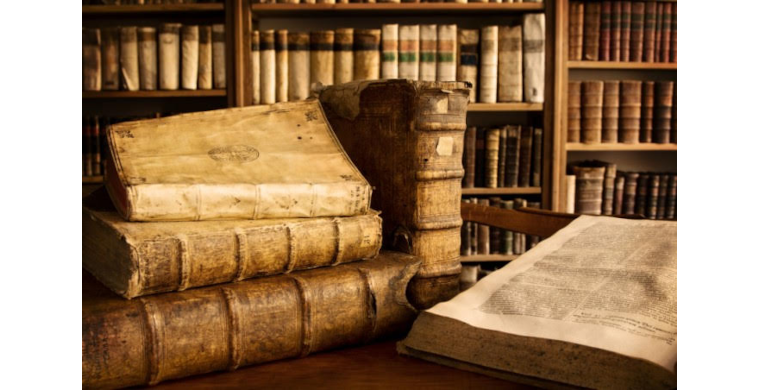Why Study Church History?
By Duane W.H. Arnold
www.virtueonline.org
August 15, 2022
It was always the first lecture to be given. As I would walk into the lecture hall and see the students seated in front of me, I realized that there was a question that had to be answered on the first day, in the first class, "Why study church history?"
So, I would begin by reflecting on the place of history and tradition in the theological enterprise. Historiography has its own rules of evidence to determine whether something is truly historical, that is accounted for in multiple reliable reports and writings. The Church, however, has the additional component of tradition, that is, that which has been handed down from generation to generation. For the most part, history and tradition intersect and strengthen each other. Moreover, until the age of printed books being widely distributed, tradition was one of the vehicles for the passing on of history from one generation to the next. This, I think, is the reason why tradition was valued, not only by those in the Early Church, but up through and including the time of the Reformation. All of the reformers, almost without exception, we're steeped in history and in early and medieval Christian writers. While all would have agreed that that scripture was paramount, all would also have agreed that tradition and history were tools to be used in the understanding of scripture.
For anyone who studies church history, there can be no doubt that there has been an organic development of doctrine which has grown out of a centuries long reflection upon the nature and meaning of New Testament Christianity. Partially, this has grown out of the age-old question of individual judgment versus corporate judgment. This is not a new question. In church history, we are literally "crowded about with a great multitude of witnesses". That is to say, that as we look at any portion of scripture, countless thousands, if not millions, have examined the very same passage. Now, this is not to say that there are not new meanings to be found, but it is to say that we should take account of those who have come before us.
Likewise, history and tradition become crucibles by which we can examine that which we believe. For instance, in the case of infant baptism, we may hold various opinions which may or may not be valid, but we cannot ignore two millennia of practice by the majority of the Christian community. Nor can we ignore the archaeological evidence, the writings of the early church fathers, the practices of the medieval church, or, indeed, the conclusions which were drawn during the time of the reformation or those of the modern era. All this is to say, that yes, there is an individual faith, but it should not be an isolated faith divorced from all that has come before. C. S. Lewis once commented that the prejudice against the past is the worst prejudice as it betrays an arrogance that is commonly rooted in ignorance. The study of church history allows us to enter into the minds of the great men and women of the past who have come before us and to share in their learning and wisdom.
Additionally, I would suggest the church history offers us a possible corrective for what we encounter in the present time. There are two groups who tend to ignore church history altogether. One group consists of what I would call, naïve fundamentalists. The other group is what I would place in the category of radical liberal theologians. Both are detached from an historical base. Both tend to disregard historical evidence with regard to doctrine and scripture as well as possessing an almost vehement hatred for anything that is tainted with the descriptor of tradition. While diametrically opposed to one another they are strikingly similar in what they oppose.
We live in a time in which we need to gain greater understanding of contemporary issues in the light of history. This will allow us to see these issues as a result of the process of history and not simply in terms of causation. We need to study church history to determine how did we get to where we are today. Every age has its own particular perspective, but that perspective will be radically different if informed by the study of church history. I wish that it were possible to somehow share the joy that I get from the study of church history. For me, it is a treasure house of Christian thought and experience. It is the low door in the wall that takes me into a secret garden where I can encounter the saints of all ages. It is where the communion of saints is made real.
Duane W.H. Arnold
The Project














